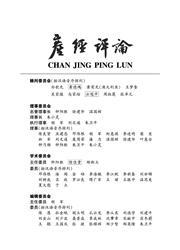

 中文摘要:
中文摘要:
从产值、进出口、价格、货币供应量等多维度测算宏观经济不确定性指标;并基于银行资产和收益率数据测算微观层面的不确定性指标。在此基础上,使用2001-2013年我国金融机构微观研究样本,实证检验了商业银行信贷供给对经济不确定性的敏感性。结果表明:在控制供需因素变量的全样本条件下,经济不确定性对商业银行信贷供给产生负向影响;银行信贷供给对宏观经济不确定性变量的敏感性较强,而对微观经济不确定性变量的敏感性较弱;相对于外资银行而言,中资银行信贷供给对经济不确定性的敏感性更强。基于结论,提出了完善金融监管机制及货币政策制定等相关政策启示。
 英文摘要:
英文摘要:
The paper builds macroeconomic uncertainty index from the perspectives of production, import and export, price and monetary supply; and builds microeconomic uncertainty index based on the financial in- stitutions data of asset and earning rate. Further, based on the panel data of financial institutions for the 2001 -2013 periods, the paper empirically tests the effect of economic uncertainty on credit growth in China. The results show that: under the condition of controlling the relevant variables, economic uncertainty produces a negative impact on credit growth ; the bank credit growth is more sensitive to the aggregated macroeconomic un- certainty and less sensitive to the bank level microeconomic uncertainty; and the Chinese banks credit growth is more sensitive to the economic uncertainty than the foreign banks. This provides empirical support for the improvement of financial supervisions and monetary policies.
 同期刊论文项目
同期刊论文项目
 同项目期刊论文
同项目期刊论文
 期刊信息
期刊信息
